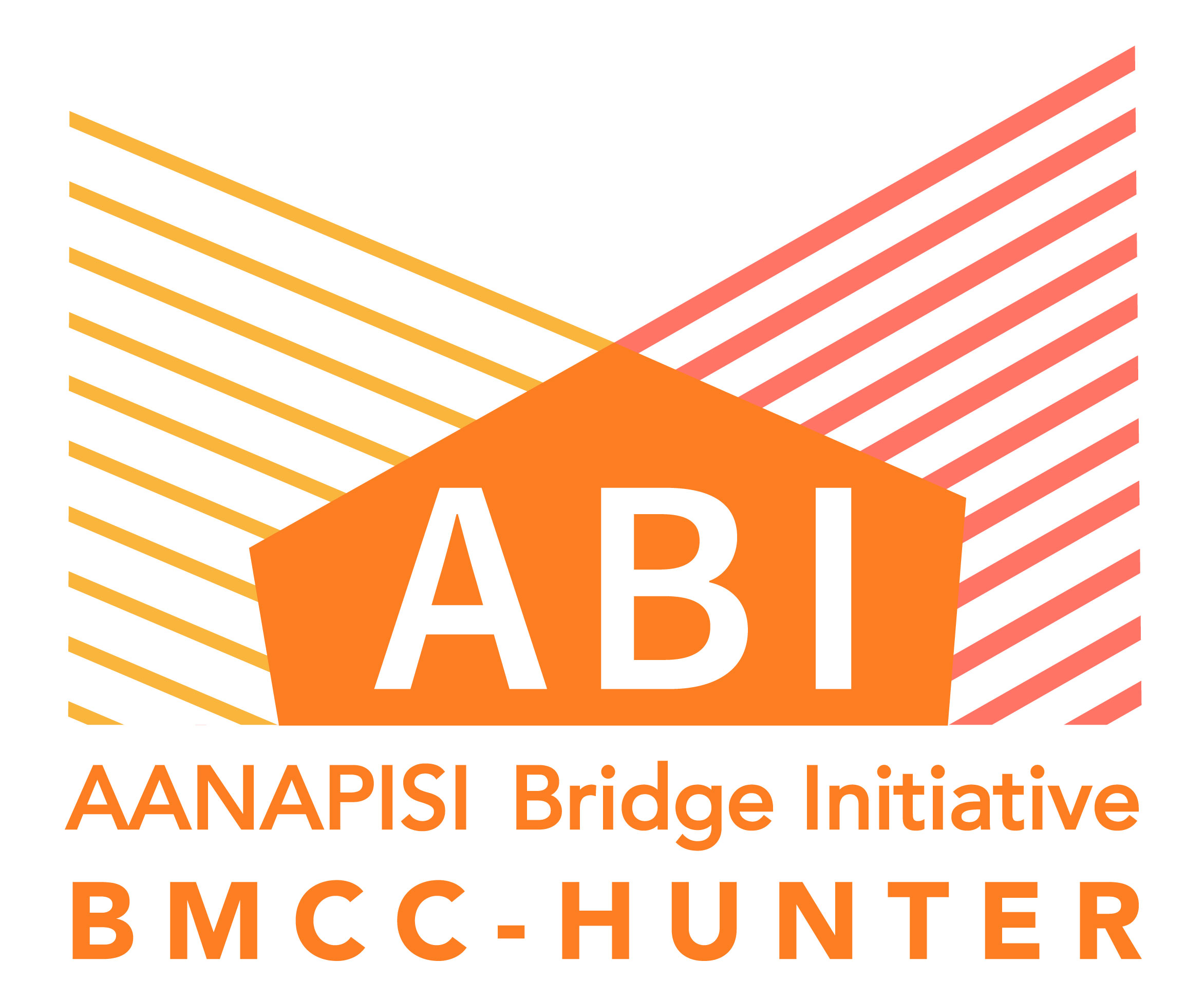Class information
ECE 209 – Infant Care and Development
15 students
This is the 1st course the infant-toddler specialization for students in BMCC’s Early Childhood Education Program who have indicated they want to focus their studies on infant-toddlers and families. The course is limited to students in the major. We focus on infant development and students’ family/ cultural community’s experience with infants that is intentionally positioned against “evidence-based practice” in US which are based on white, Eurocentric, middle class, ableist, heteronormative, etc. values. For students to become certified teachers and earn a decent wage, they need to know the “evidence-based practices”; however, we have a bifurcated process of lifting up family/cultural community experiences.
Project overview
The first assignment of the semester is a low-stakes paper in which students: 1) introduce themselves; 2) share who they are as a learner — what supports their learning in class/ group settings; 3) reflect on & describe how their family/cultural community respected babies, 4) compare how their family/ heritage tradition of respected babies to “evidence-based practices” from readings; and 5) explain why they chose this career path, program, college, and course section.
Why did you select this project? How does it relate to identity and purpose?
I revised a paper from a previous assignment to focus on students sharing their identity and purpose. I invite students to introduce themselves, who they are as learners, their culture, practices their family/ cultural community engage in that respect infants, and explore why they selected this learning community to join.
After instituting the assignment this semester, I am thinking making the following changes: 1) inviting students to share the information as a presentation or video recording — so the learning community can see/hear what everyone shares; 2) adding an oral history component for students to identify how babies are respected in their family/cultural tradition; and 3) making the comparison to “evidence-based practice” be a group discussion following the presentation/viewing the recordings.
What advice do you have for other faculty who would like to implement a similar project?
I think the timing and format of this assignment are crucial; this is a great opportunity for students to get to know each other, which is why I think a presentation/ recording format would be better. This happens at week 3 of the semester when we are still getting to know everyone, and I worry we are not solidified enough as a community for people to be vulnerable.
Related materials
No Title
No Description
Attached are the guidelines for the current assignment — as previously noted, I will likely revise this assignment before next semester.


